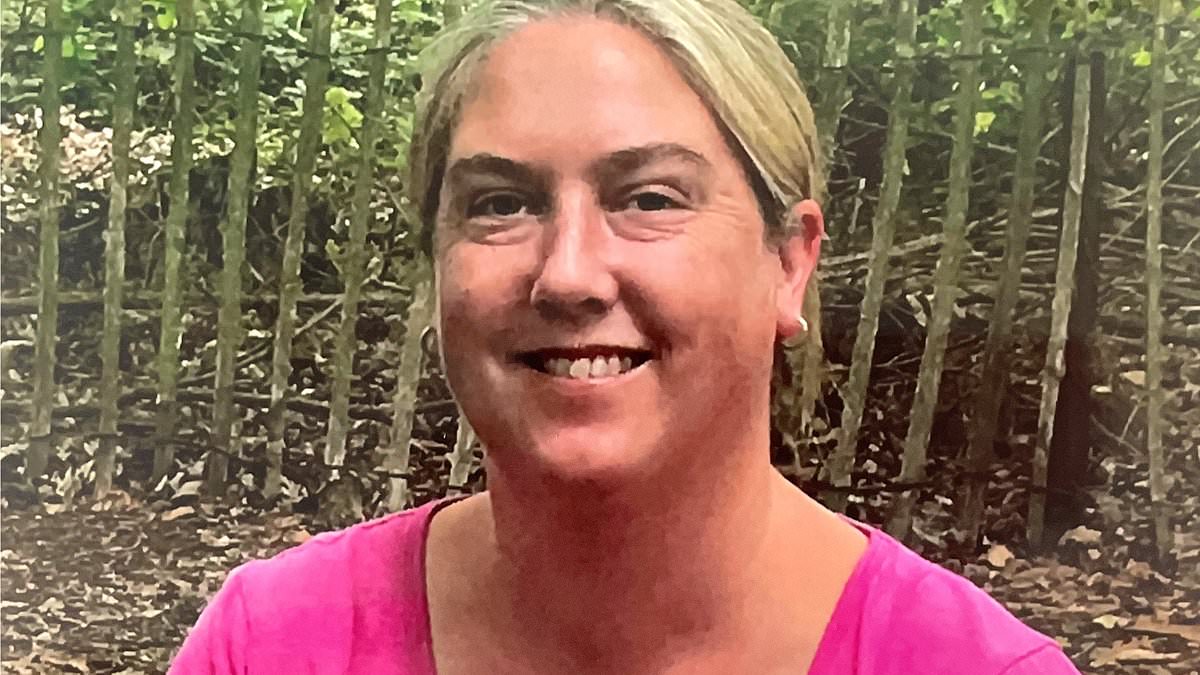A mother-of-two died from a heart attack while waiting for an ambulance for more than two hours, an inquest has been told.
Julie Hurn, 43, died at her home in Attleborough, Norfolk on June 25, 2022, having suffered a myocardial infarction – a blood clot stopped her heart.
An inquest into her death at Norfolk Coroner’s Court heard that it was likely she would have survived if she had received immediate treatment.
Rajesh Logasundaram, who carried out a post mortem examination, said: ‘An earlier 999 call would have made a significant difference to her chances of survival.’
The court heard she had originally phoned for an ambulance at 3.26pm after she experienced chest paints, with her call given category two status.
She called again around an hour later after she began vomiting, but it was not until shortly before 5pm that her call was escalated.
A neighbour had phoned again to say she had gone into cardiac arrest and paramedics arrived at 5.14pm.
Mrs Hurn, who worked as a contracts manager for Norfolk County Council, died at 5.48pm, 142 minutes after her first call to emergency services.
It was revealed today that when her original call was made, 50 of the region’s ambulances were stranded outside Norfolk’s three main hospitals.
The incident happened during a ‘black surge’, a phrase used to describe a period of acute demand on emergency services and acute hospitals.
Chris Hewitson, a patient safety specialist officer at the East of England Ambulance Service Trust, said Mrs Hurn’s initial call was correctly categorised.
But at that time there were also 50 outstanding calls with the same priority level.
He added that there were 19 ambulances stranded outside of the Norfolk and Norwich University Hospital alone.
Yvonne Blake, area coroner for Norfolk, said: ‘The medical evidence we have heard so far is that if she had a cardiac arrest and either received immediate treatment or was in hospital, that given her age it is more likely than not that she would have survived.
On Monday, Prof Saul Myerson, a consultant cardiologist based at the University of Oxford, said at the inquest that a faster response would have improved her chances.
He said that while was unlikely her heart attack would have been prevented, had she been in hospital when it occurred her survival chances would have been better.
In a statement read to the court, her brother Gary Hambling said: ‘As a family we believe the NHS has let us down.
‘The time taken to get an ambulance to her was unacceptable.’
Clare Gooch, a medical negligence lawyer from Switalskis, who is representing the family, said ‘This has been an incredibly difficult time for Mrs Hurn’s family who are still coming to terms with their loss.
‘They now hope this inquest will help to provide some further insight into the circumstances leading up to her death.’
